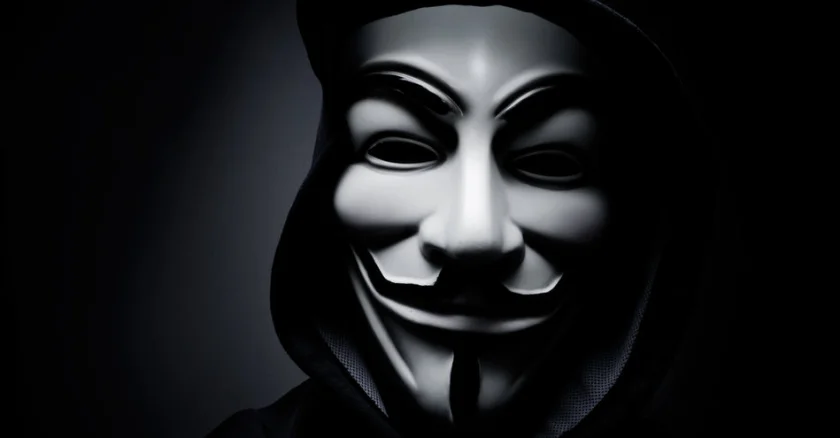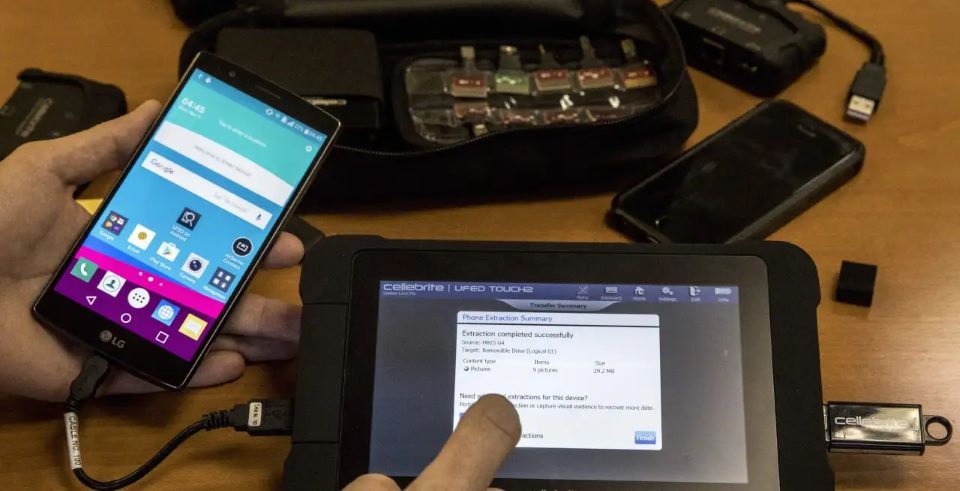This week, the hacktivist collective Anonymous hit the headlines, releasing the identities of over 350 individuals alleged to be members of the Ku Klux Klan. This might have the potential to reveal the people of a hate group that has brought about great devastation in the past. It is part of a larger effort to combat racism and intolerance in society.
For many, excitement is attended by curiosity as to what such a public confession means. This leak exposes personal data that could lead to accountability for individuals involved and generates a discussion about how hate groups function in the digital age. The released information raises issues of privacy, security and doxxing ethics.
As news breaks, it’s important to think about the individual effect on the people named and the response from the wider community. The leak is an additional point on a timeline wherein much like Anonymous other groups have risen to challenge hate, with justice as the driving force, and these constant movements force society to reckon with what the real world means in the space between the lines.
Understanding the Leak
The recent leak by Anonymous of the identity of people allegedly involved with the Ku Klux Klan provokes some rational concerns about the motives behind the leak, its authenticity, and whether or not it is ethical in terms of privacy and security.
A Gist of The Anonymous Leak
We start off with the hacktivist collective, Anonymous, which began to publish the names of about 350 people connected to the Ku Klux Klan (KKK) in late October 2024. This is a part of their ongoing campaign against hate groups, called Operation KKK.
According to Anonymous, the goal of this leak is to expose those with extremist views that encourage racism. It contained personal information, including names, addresses, and contact information. This information was leaked online, leading to discussions about the potential consequences of such exposure.
Verification and Authenticity
Determining the accuracy of the leaked information is crucial. Anonymous stated that they based their findings on data gathered from various sources. However, verification of such claims can be challenging.
Experts argue that leaked names must be approached carefully. There is a risk that some individuals may not be actual KKK members or may have been inaccurately identified. This calls into question the reliability of such leaks in a digital age where misinformation spreads easily.
Impact on Privacy and Security
The leak raises important concerns regarding privacy and safety for those named. For individuals who are unjustly implicated, there can be severe repercussions, including harassment or threats.
Additionally, the information could compromise the privacy of their families or associates. The incident shows the fine line between exposing hate and endangering innocent lives. Furthermore, it pushes the discussion about the balance between free speech and safety in an online environment where actions can have far-reaching effects.
Reaction and Fallout
The publication of alleged KKK members by Anonymous elicited large-scale responses from law enforcement and the public, as well as the ethical implications that came with it. Each response underscored the difficulty of tackling extremism within society.
Official Investigations
Shortly after identities were shared, law enforcement agencies investigated the allegations. Their goal was to verify the information and assess the implications of the leak. Federal and state officials voiced fears of vigilante retaliation. Some police departments even reported rising threats against their officers thought to be related to searing unrest sparked by the leak. Investigators sought to know whether the names that appeared to be leaked posed an immediate risk to public safety or whether they could lead to further criminal activity.
Public Reaction and Media Coverage
Public reaction was mixed, with many supporting Anonymous for taking a stand against hate groups. This group praised the action as a form of accountability.
Conversely, numerous individuals voiced concerns about the potential for false identification. Media outlets reported extensively on the leaked names, focusing on community reactions and the potential dangers for those listed. Many articles highlighted stories of individuals who claimed incorrect identities were included in the leak, raising alarms about the consequences of misinformation.
Legal and Ethical Considerations
The leak posed significant legal questions. Many debated whether outing people was the right thing to do — even if they were in a hate group. Legal experts cited possible consequences for Anonymous, including lawsuits.
From an ethics standpoint, the case raised the question of privacy rights and public safety. Others argued that what it was doing by exposing KKK members was a step in the right direction in the fight against racism and hate. Others asked whether such actions might breed violence or retaliation against innocent people. This debate goes to the core of broader societal fights over what it means to be tolerant vs. accountable.



